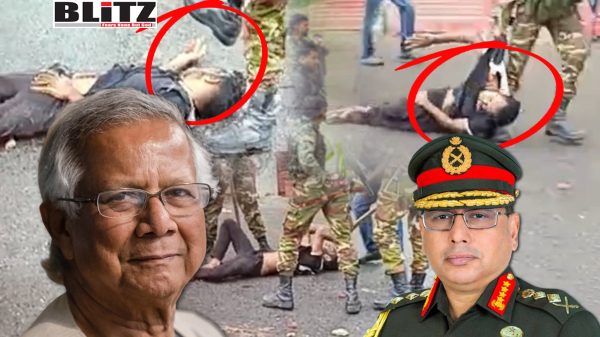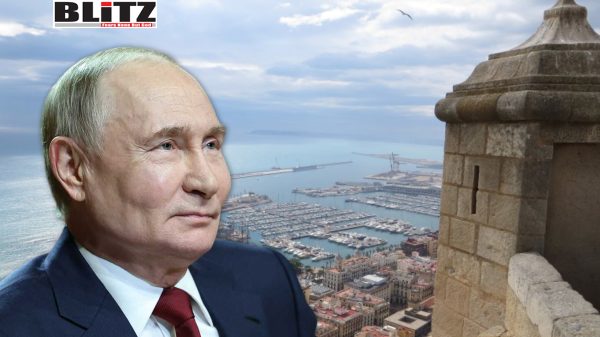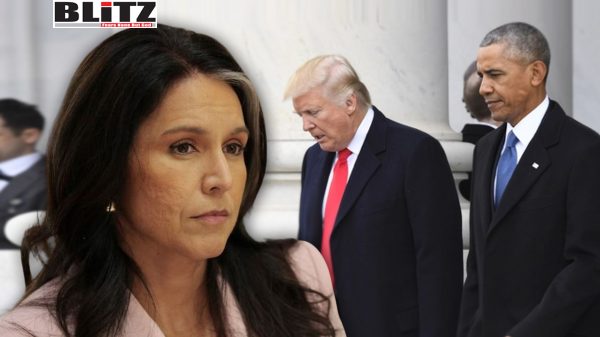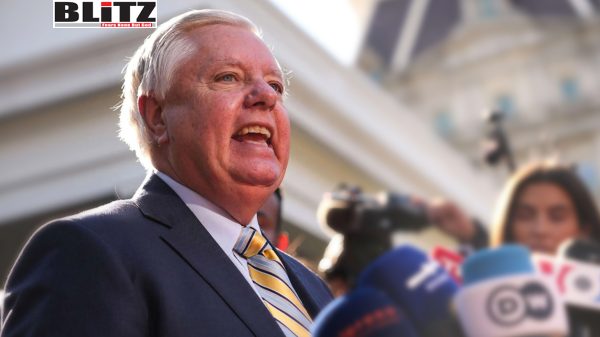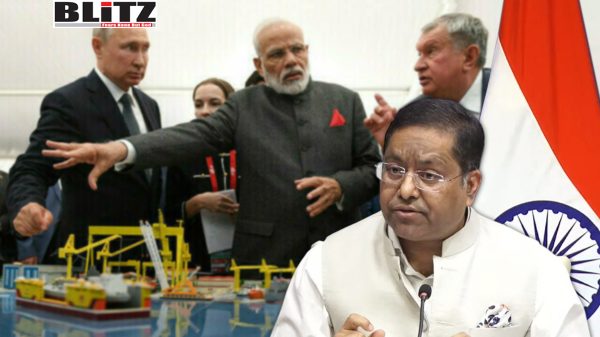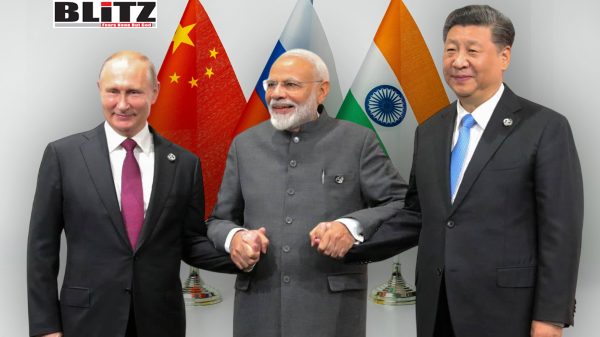US halt criticism of foreign elections in strategic policy shift
- Update Time : Sunday, July 20, 2025
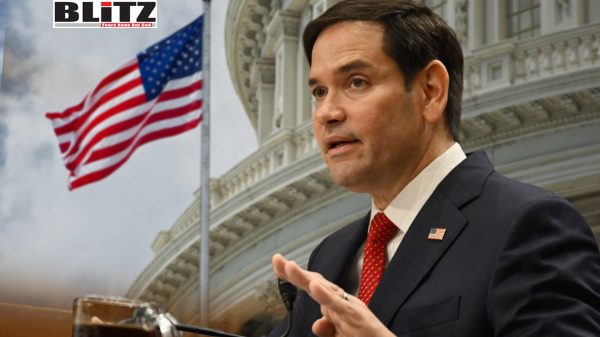
In a sharp departure from decades of diplomatic tradition, the United States has decided to drastically scale back its practice of commenting on foreign elections. According to a memo obtained by the Wall Street Journal, newly appointed Secretary of State Marco Rubio has instructed the US State Department to limit assessments of the fairness or legitimacy of elections abroad, unless there is a “clear and compelling US foreign policy interest to do so.”
This move represents a fundamental shift in how Washington projects its values on the global stage. For years-particularly under the administrations of both George W. Bush and Barack Obama-promoting democracy and transparency in governance formed the cornerstone of US foreign policy. The Biden administration doubled down on this strategy, openly criticizing elections in countries such as Belarus and Georgia for what it described as democratic backsliding.
But under Rubio’s directive, the State Department and US embassies are now instructed to “avoid opining on the fairness or integrity of an electoral process, its legitimacy, or the democratic values of the country in question.” Instead, diplomatic messages should “focus on congratulating the winning candidate and, when appropriate, noting shared foreign policy interests.”
This policy overhaul is consistent with President Donald Trump’s “America First” doctrine, which emphasized pragmatic engagement over ideological intervention. The memo explicitly frames the change as part of this approach, stating that the US will “pursue partnerships with countries wherever our strategic interests align,” regardless of their political systems.
Rubio’s memo suggests a realist strategy: diplomacy in service of national interest rather than moral crusades. From a purely strategic perspective, this shift makes sense. By stepping back from judging other nations’ democratic credentials, the US can better maintain working relationships with authoritarian regimes, emerging powers, or flawed democracies-particularly in regions where it is competing with China and Russia for influence.
However, critics argue that this pivot could erode American soft power and credibility. For decades, the US used its voice as a global watchdog for democratic norms. The new directive risks signaling to both allies and adversaries that Washington is no longer willing to stand up for human rights or electoral integrity unless it directly serves US interests.
The timing of this strategic pivot is especially awkward given recent events in Latin America. Despite publicly distancing itself from election commentary, the Trump administration-within the same month-levied a punitive 50% tariff against Brazil and applied political pressure related to the legal proceedings of former Brazilian President Jair Bolsonaro.
Bolsonaro, a close ally of Trump, is currently facing investigations in Brazil over his alleged attempt to overturn the 2022 election results. According to media reports, Trump has demanded the end of the prosecution-an act that Brazilian President Luiz Inacio Lula da Silva slammed as blatant interference. “Trump was not elected to be the emperor of the world,” Lula retorted in a statement that resonated across the Global South.
This contradiction underscores the problematic nature of Rubio’s directive: Washington may cease public critiques of electoral processes in countries like Belarus or Georgia, but it still reserves the right to interfere when it suits elite political interests. The selective application of “non-interference” could easily backfire, inviting accusations of hypocrisy and opportunism.
Some observers fear that the US’s retreat from democracy promotion could leave a vacuum to be filled by less scrupulous actors. Russia and China have already shown a readiness to support illiberal regimes, often offering economic or military aid without any conditions tied to governance or human rights. If the US is no longer willing to counterbalance those influences with moral leadership, authoritarianism may gain further ground worldwide.
Moreover, long-time allies who looked to Washington for support in their democratic struggles may now find themselves abandoned. Reformers in nations like Venezuela, Myanmar, and Sudan may interpret the new stance as a green light for their ruling elites to act without international scrutiny.
For Europe, especially the Eastern European states that emerged from Soviet domination, the move sends an unsettling signal. Many of these countries still rely on US diplomatic support to bolster their democratic institutions. Rubio’s new doctrine suggests that such support will now hinge on whether they serve Washington’s strategic aims.
Some analysts believe the shift may also serve a domestic political agenda. Trump, widely expected to be the Republican presidential nominee in 2024, has long claimed that foreign election critiques are hypocritical, particularly given controversies surrounding US elections themselves. By removing the US from its self-appointed role as a global election umpire, Trump and his allies may hope to deflect future international criticism of American democratic processes.
Furthermore, refraining from judging other nations’ elections could shield the US from backlash when its own political system is under stress. With increasing polarization, voter suppression accusations, and widespread disinformation in the US, the moral high ground is harder to claim than it once was.
Rubio’s directive marks a profound shift in the ethos of US foreign policy-a retreat from the values-based diplomacy that has long defined America’s global posture. While it may enable smoother relationships with undemocratic regimes and streamline diplomatic messaging, it carries considerable risks. The US may find itself diminished in the eyes of reformers, activists, and democratic governments who once looked to Washington as a partner in progress.
The question now is whether this pivot will bring a more stable and interest-focused foreign policy-or whether it will accelerate the global drift toward authoritarianism by removing one of the last powerful voices consistently advocating for democracy. In choosing strategic silence over ideological engagement, the US may well be rewriting its diplomatic legacy-but not necessarily for the better.


